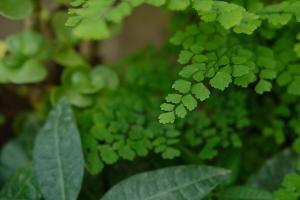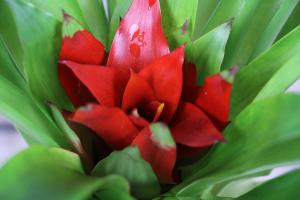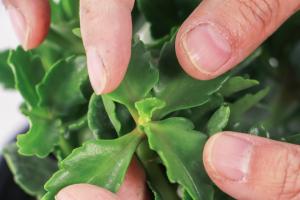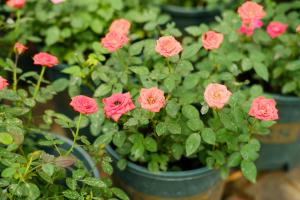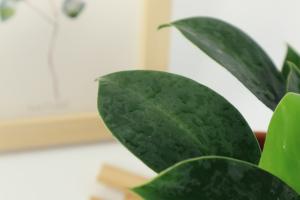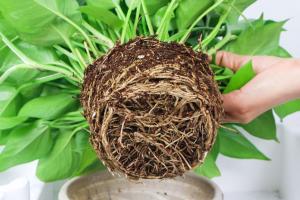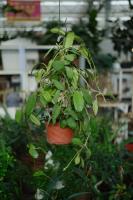Introduction
Planting ground cover under fruit trees has been a popular practice among gardeners and farmers. However, the question still remains: Should I plants ground cover under my fruit trees? In this article, we will explore the benefits and drawbacks of planting ground cover under fruit trees and help you make an informed decision.
The Benefits of Planting Ground Cover Under Fruit Trees
Planting ground cover under fruit trees provides several benefits for both the tree and the soil. Ground cover plants can help to reduce soil erosion, retain soil moisture, suppress weed growth, and enhance soil fertility. These plants also act as a natural mulch, which helps to regulate soil temperature and reduce water evaporation.
Furthermore, ground cover plants can attract beneficial insects like bees, which can pollinate the fruit trees and increase fruit production. They also provide habitats for other beneficial organisms like earthworms, which help to improve soil structure and nutrient availability.
The Drawbacks of Planting Ground Cover Under Fruit Trees
While planting ground cover under fruit trees can provide numerous benefits, there are also drawbacks to consider. One of the main concerns is the competition for resources between the fruit tree and the ground cover plants. Ground cover plants can absorb water and nutrients from the soil, which can limit the availability of these resources for the fruit tree.
Another issue is that ground cover plants can create a habitat for pests and diseases that can affect fruit tree health. Additionally, some ground cover plants like grasses can harbor rodents that can damage the fruit tree roots or trunk.
Choosing the Right Ground Cover Plants
Choosing the right ground cover plants is crucial to ensure the benefits outweigh the drawbacks. It is best to select plants that have shallow roots and do not compete with the fruit tree for resources. Examples include clover, vetch, and low-growing herbs like thyme and oregano.
It is essential to avoid plants with deep roots like grasses or invasive plants like ivy that can compete with the fruit tree for resources and create habitat for pests and diseases. It is also advisable to avoid nitrogen-fixing plants like legumes as they can provide excess nitrogen to the soil, which can reduce fruit tree growth.
Conclusion
Planting ground cover under fruit trees can provide numerous benefits for the fruit tree and soil health. While there are concerns about competition for resources and potential pest and disease issues, choosing the right ground cover plants can help to mitigate these risks. It is essential to conduct research and consult with professionals to make an informed decision and ensure the best results for your fruit trees.

 how many times do yo...
how many times do yo... how many planted tre...
how many planted tre... how many pine trees ...
how many pine trees ... how many pecan trees...
how many pecan trees... how many plants comp...
how many plants comp... how many plants can ...
how many plants can ... how many plants and ...
how many plants and ... how many pepper plan...
how many pepper plan...